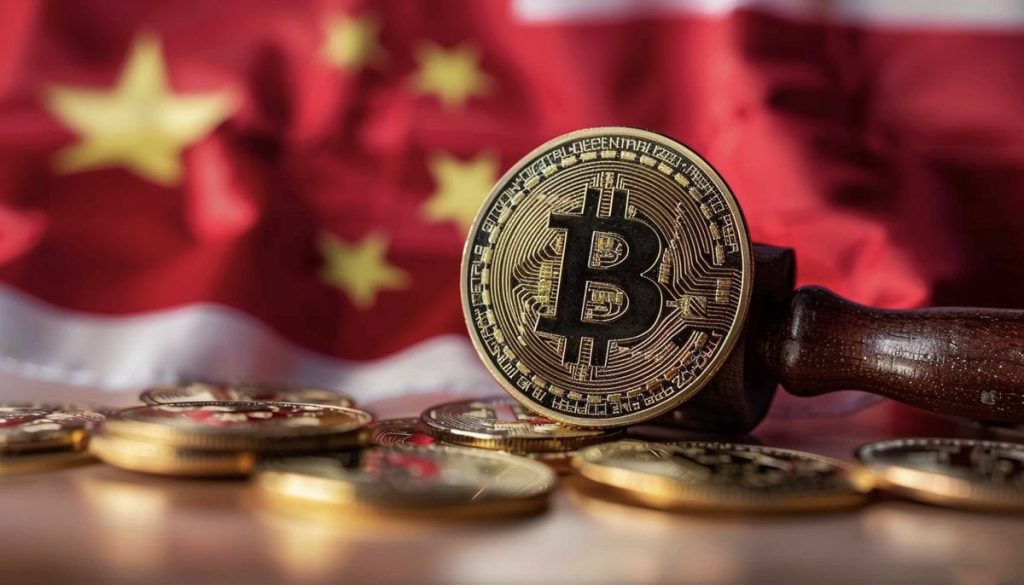
Concerns about the growing vulnerabilities presented by digital payment token (DPT) service providers have been brought up in Singapore’s recently revised Money Laundering National Risk Assessment (NRA).
The comprehensive 126-page report, which identifies new risk sectors not covered in the previous 2014 report, also includes DPT service providers and precious stone and metal dealers as areas of concern.
The banking sector, which includes wealth management, is thought to present the greatest risk of money laundering among these industries.
Because banks handle high-risk clients and facilitate large transaction volumes, they are more vulnerable to criminal exploitation.
Crypto Asset Service Providers Pose High Risk
DPT service providers, sometimes referred to as virtual asset service providers, are a particularly high-risk group in the financial industry.
According to the NRA report, more cases involving DPTs and various exploitation techniques have been reported.
Even though Singapore’s portion of DPT activities worldwide is quite small, authorities keep a careful eye on the risks involved.
External asset managers and payment institutions that provide cross-border money transfer services are two more high-risk areas of the financial sector.
The Financial Intelligence Unit, Singapore’s supervisory and law enforcement agencies, and input from private sector organizations and foreign authorities collaborated to create the NRA report, which shows that organized crime, corruption, tax crimes, fraud (especially cyber-enabled fraud), and trade-based money laundering are the main money laundering threats in Singapore.
Common money laundering techniques include investing in valuable assets like real estate or precious metals, using fictitious companies, and hiding illicit funds in Singaporean bank accounts.
Singapore is susceptible to money laundering risks due to its open economy and position as a global financial center.
The nation’s business and financial infrastructure is used by criminals to transfer or launder illegal funds.
Significant risks also arise from the transformation of illegal funds into assets like precious metals, digital payment tokens, or real estate.
The Monetary Authority of Singapore (MAS) declared in April that it would amend the Payment Services Act (PS Act) of the nation to broaden the range of regulated services pertaining to digital payment token service providers in order to allay these worries.
Spot Bitcoin ETFs Boost Crypto Adoption in Singapore
The recent approval of spot Bitcoin exchange-traded funds (ETFs) in the United States has led to a more positive perception of Bitcoin among Singaporeans.
After spot Bitcoin ETFs were approved, 39% of Singaporeans said they had a more positive opinion of Bitcoin, according to a recent report from the digital currency exchange Independent Reserve.
Additionally, the study showed that cryptocurrency investors in Singapore are growing in experience.
With 16% of them currently holding six or more different cryptocurrencies, the majority (52%) have been in the market for more than three years, and their portfolios are getting more varied.
Just 10% of cryptocurrency owners reported losses this year, compared to 64% who reported profits—a notable increase from prior years.
Similarly, 57% of respondents to a different survey by Seedly and Coinbase, which was carried out in the fourth quarter of 2023 and involved over 2,000 adults, said they currently own digital assets.















Leave a Reply